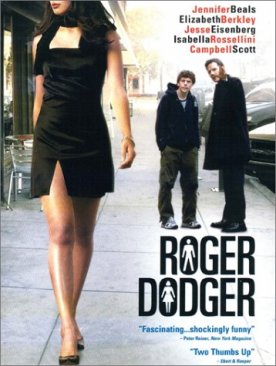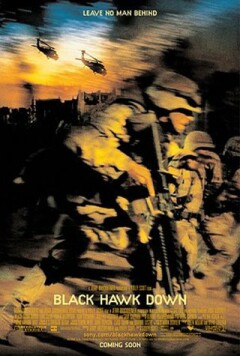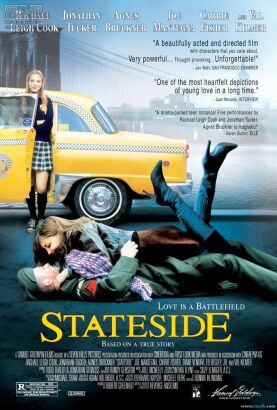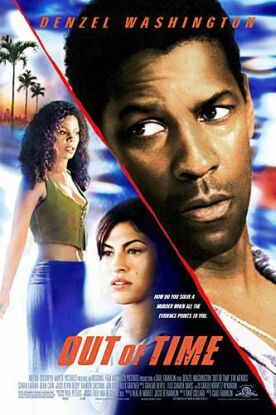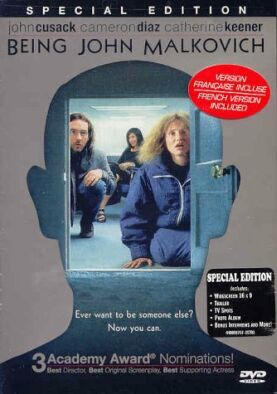Roger Dodger
The 17-year old hero of Graham Greene’s novel Brighton Rock is described as knowing “everything in theory, nothing in practice” about sex. The “theory” Greene was referring to was in the teachings of the Catholic church, but in Roger Dodger, a first feature by Dylan Kidd, it is the 30-something Roger (Campbell Scott) and not Nick (Jesse Eisenberg), his 16-year-old nephew and student in the arts of seduction, to whom the same description could apply. In his case, however, the theory is a version of sociobiology.
The film begins with Roger holding forth to a table full of colleagues at the advertising agency where he works as a copywriter. The gist of his theorizing is a sort Old Testament prophecy that nature and science will team up to render the human male superfluous to the survival of the species. Accordingly, he is skeptical when a female colleague speaks up to say that women have sex because they enjoy it. To him, sex is always a matter of conquest, of knowing the angles and finding a way by lies or trickery or endlessly talking — he gets the sobriquet “Roger Dodger” because of his ability to talk himself out of, or into, everything — to overwhelm female defenses.
But neither his own self-confidence nor his willingness to tutor Nick in the technique of the pickup can disguise the fact that as a ladies’ man he is a miserable failure. We watch on two or three painful occasions as he tries to chat up women by telling them everything about themselves from the odd hint, but he only puts them off. More seriously, the woman who spoke up for female pleasure, who turns out to be his boss and mistress, Joyce (Isabella Rossellini), tries to end their affair, and Roger takes it very badly. “I need you to be an adult about this,” she tell him. Already we know that he is not very good at being an adult — about this or about anything else — but he may also be a stalker.
Shy and awkward Nick is nevertheless impressed by his uncle’s apparent self-confidence and savoir faire, and is more than ready to believe him when he says that “Sex is everywhere,” in the city — all you have to do is be receptive. “Look at me. I’m like a f***ing lightning rod. . .I see behind me on a good day.” But the imagery of heightened perception proves to be singularly inappropriate. Whatever kind of electricity Roger is conducting is not sexual. Rather it seems a kind of despair, as foreshadowed in the opening monologue. All his bragging and showing off to Nick is designed to mask the stink of failure that clings to him.
There follows a night-long odyssey of uncle and nephew — from a bar to a park, where they take a couple of women (Elizabeth Berkley and Jennifer Beals) picked up in a bar for an abortive assignation, then to a party at Joyce’s to which Roger has not been invited and finally to an underground brothel — in the course of which it becomes ever more obvious that it is Nick who has the natural appeal to women. “Nick, it’s time to cut your uncle loose,” says one of the girls, not quite jokingly. Roger and not Nick is the one who is desperately in need of instruction — especially in the matter of when to shut up.
He does not get it. Yet somehow he gets to participate in the movie’s approach to an understanding that the evolutionary struggle for survival — brought dubiously down to earth in the Manhattan singles scene and reduced to sports metaphors — is a poor model for human relations. “Winning” is not a very good description of what either of them, as it turns out, wants to do with women. In this sense the movie’s heart is very much in the right place, and Campbell Scott does a fine job of letting us see what is going on behind Roger’s endless bluster — up until the moment of a not-quite-explicable self-realization.
This is what strikes a slightly false note. Mr Kidd does not quite persuade us of Roger’s transformation. If the morality is good, the moralism is not so good. People like him do not change literally overnight. More importantly, the question is left hanging of what sex as the unreconstructed Roger imagines it, sex detached from love and commitment and all its human (that is non-animal, non-sociobiological) side, really is. Still, the picture though it is dark and jerky and sometimes hard to watch, has many charms, not the least of which is an entirely engaging pair of central characters.
Discover more from James Bowman
Subscribe to get the latest posts to your email.

